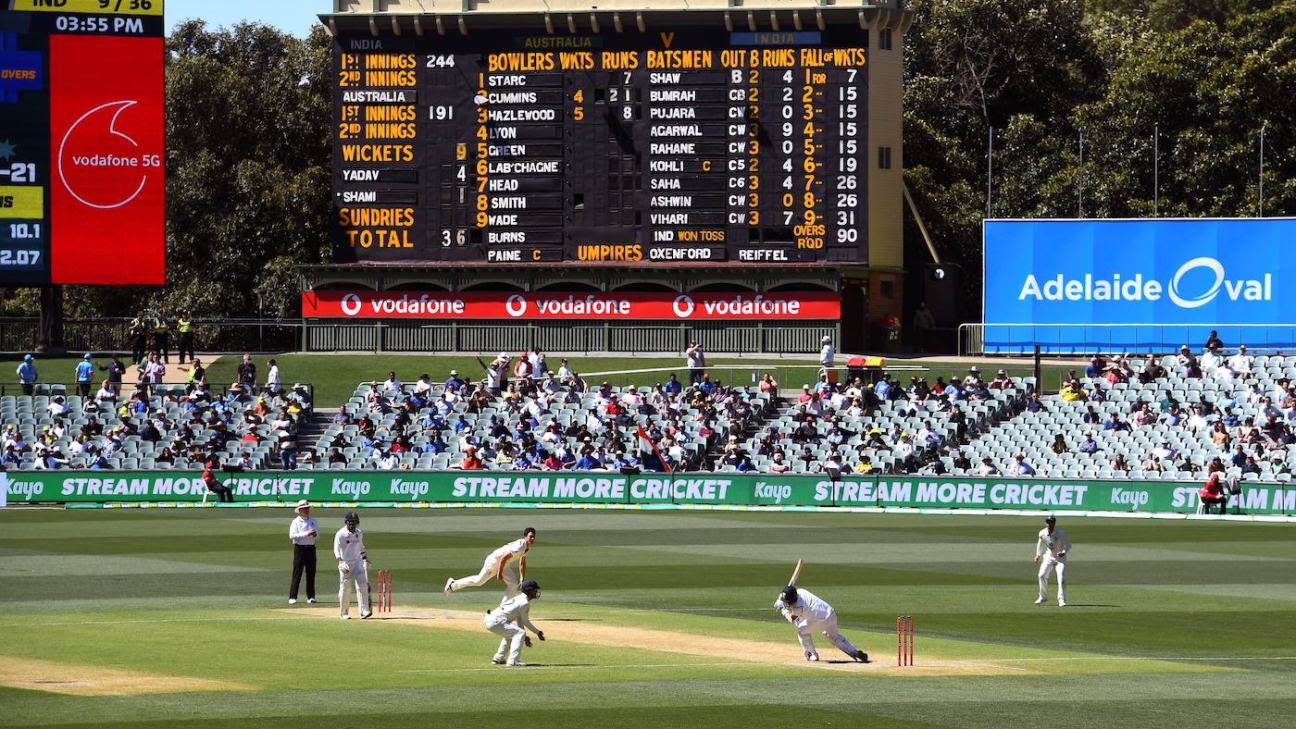Only the MCG will not be sold to capacity for the Boxing Day Test, although the current lockdowns are a reminder of the challenging situation
Cricket Australia will sell venues at 100% capacity for next season, with the exception of the Boxing Day Ashes Test at the MCG, in the hope of bumper crowds, although the lockdowns taking place around the country have served as a reminder of the challenges of attending live sport.
While cricket has time on its side ahead of the new international season, which will start with the visit of the India women’s side in September, there remains uncertainty over how the summer will play out with late changes to capacity restrictions always a possibility. Sydney, Brisbane and Perth are among the cities currently in lockdown following community outbreaks of Covid-19, which has left the winter codes scrambling to keep their competitions going amid wide-ranging border restrictions.
Tickets for the public will go on sale on July 5, after being available for priority members from Wednesday. The MCG will initially have 85% of its capacity available. Crowd sizes were restricted on various levels throughout the 2020-21 season.
Following the multi-format women’s series between Australia and India, Afghanistan are due to tour after the T20 World Cup for a one-off Test ahead of the men’s Ashes, which begins on December 8 in Brisbane. That is followed by the women’s Ashes from late January, while the men’s team is scheduled to face New Zealand and Sri Lanka in white-ball series through February.
“We continue to work closely with venues and governments across Australia to ensure that events are held safely and greatly appreciate their support,” CA CEO Nick Hockley said. “In the event that capacities are reduced due to government restrictions associated with the pandemic, we of course guarantee fans full refunds.”
“At the moment, we are hoping for the best but planning for the worst,” he said. “Planning for a continuation of [international] border closures but we are hopeful come the summer, providing there are no cases in the community, that we will be able to have freedom of movement and players will have more freedom. Equally, we now have the intellectual property and the relationships if we need to move quickly to enact contingency plans.”
International teams reaching Australia would continue to have to undertake two weeks’ quarantine on arrival with the borders unlikely to open until the middle of next year, which will also prevent overseas fans from attending matches.
